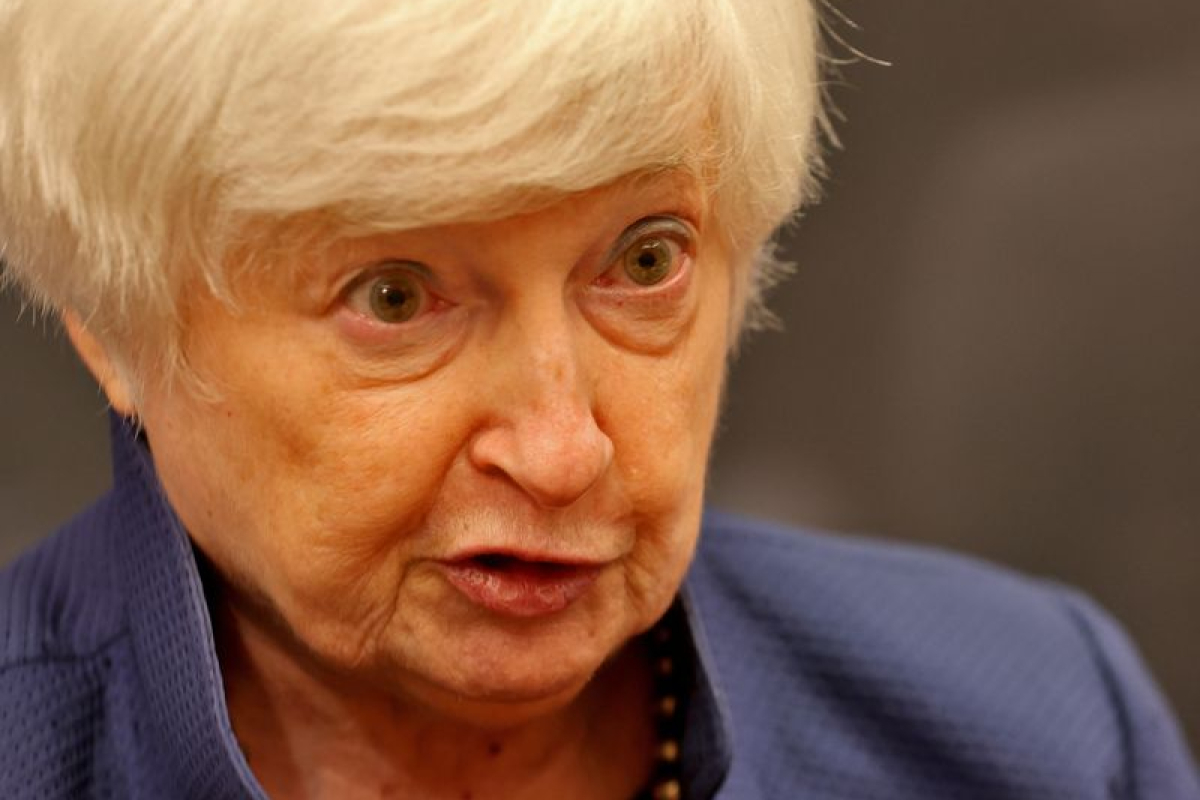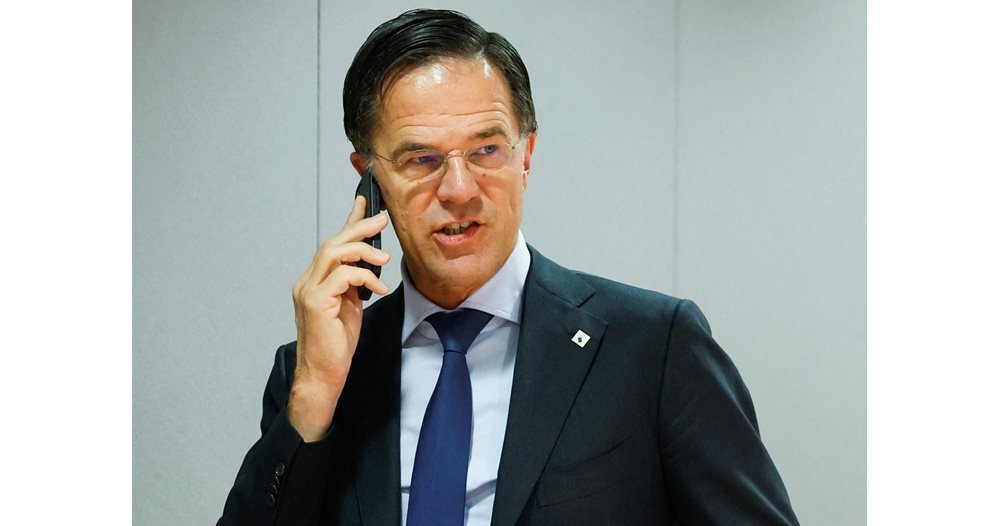From Thursday to Friday, the Côte d’Or Mayors’ Fair is held, organized by the Association of Mayors of the Côte d’Or at the Dijon Exhibition Center.
Meeting with Ludovic Rochette, mayor of Brognon and president of AMF21, the association of mayors of the Côte-d’Or.
I like Dijon. The meeting room of the mayors of the Côte-d’Or has just opened today. Can you explain to us what it is?
Louis Rochette. The Côte-d’Or Mayors’ Fair is an event organized by the Association of Mayors of the Côte-d’Or, which I preside over. It is a moment of encounter between the actors of the community, whether elected, but also services and companies (A hundred exhibitors are at the rendezvous in the fairgrounds, editor’s note); also a moment of dialogue, between territories, be they rural, urban, peri-urban, and which have never had such a need to communicate with each other. During the health crisis, we have seen the essential role of local authorities, but also in the context of the recovery. Today we are in the third phase with the energy crisis. Despite the difficulty of energy expenditure, we have a common interest in our populations: take the turn of the ecological transition. This is also the central theme of our exhibition this year. We must, with the state, business, the department and the region, find ways to accelerate our policies in the context of the ecological transition.
JD. This fair aims to bring together the mayors of the Côte-d’Or to discuss current issues and problems faced by local elected officials. What topics are on the agenda?
LR In the context of the energy crisis we are experiencing, some local authorities will be able to invest in the energy transition despite having margins, but others will be able to do absolutely nothing. We must be able to find systems so that there are no territorial inequalities in the ecological transition. For this theMFA (follow the link) calls for a new phase of decentralization to be built with the state; a general review of local taxation; and new forms of solidarity between territories – what we technically call equalization. Later, we will have arguments that seem very technical, but which constitute very serious problems for our populations. In particular, what we call the goal Zero net land use. In other words, limiting the consumption of new spaces as much as possible and, when this is impossible, “returning to nature” the equivalent of consumed areas.
JD. Last November you went with a hundred mayors of the Côte-d’Or to the AMF congress in Paris. What message did you want to convey to the government?
LR The essential message I wanted to convey was the future of rural areas, which affects 51% of communes in France and around one in three communes in Côte-d’Or. The president of the national MFA, David Lisnard (LR mayor of Cannes, ed), entrusted me with a national mission on the future of ZRR (Rural Revitalization Zone). These are devices to favor the development of rurality. One of the challenges today is being able to find differentiating policies according to the territories.

JD. Last question. What does it mean to be mayor in 2022?
LR First of all, that it no longer means the same thing as when I was elected for my first term in 1998. Being mayor today means having to reform and know how to manage… It is a function that professionalises, specializes and which is also becoming increasingly difficult. You know, in Côte-d’Or, one out of ten mayors does not complete its mandate. On the other hand, there is one thing that does not change: being mayor means attach yourself to your community and its inhabitants.
– Advertising –


